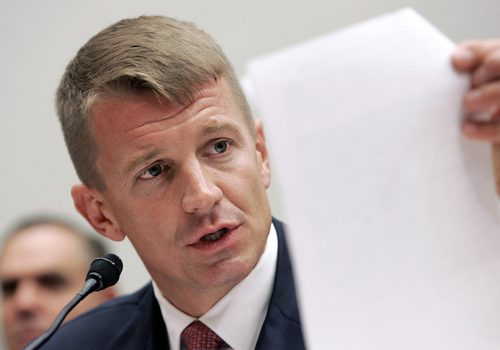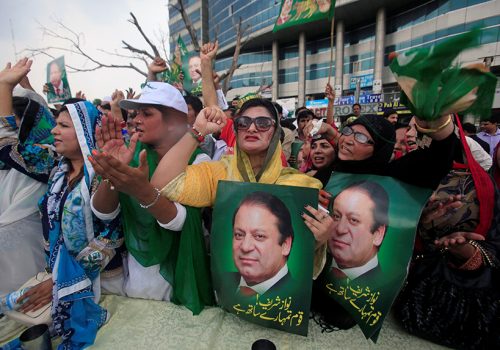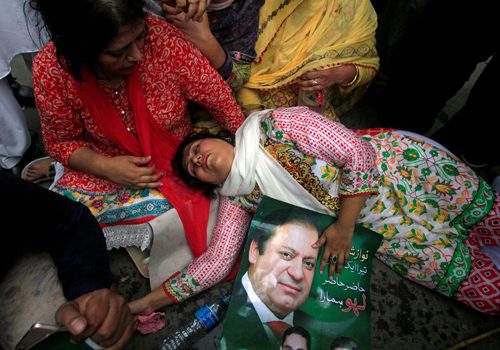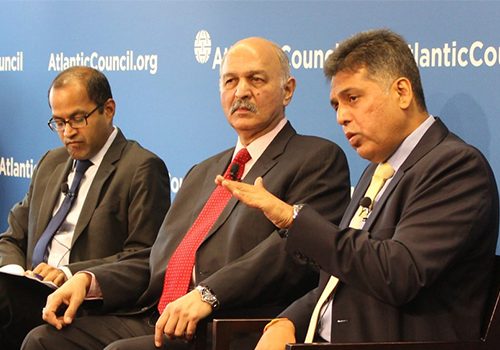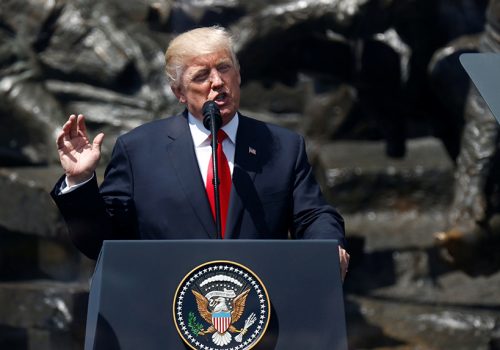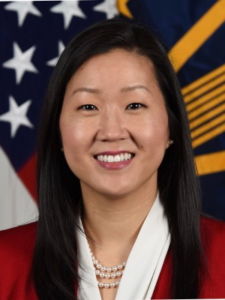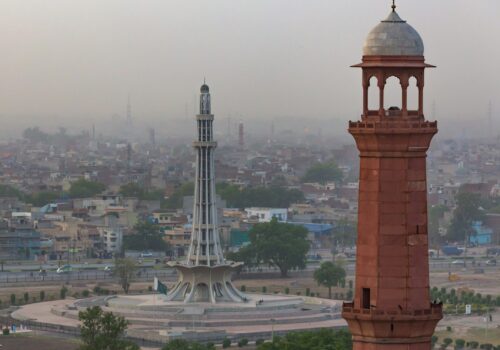
Issue Brief
Apr 1, 2025
Rescuing Pakistan’s economy
By
Aasim M. Husain
For decades, Pakistan has struggled with a declining standard of living, skyrocketing public debt, and economic policies that have failed to address the root causes of its stagnation.

New Atlanticist
Mar 25, 2025
Starlink’s India launch is a crash course on New Delhi’s approach to tech sovereignty
By
Trisha Ray
A recently announced partnership to deploy the Elon Musk-led company’s satellite internet in India offers a window into New Delhi’s “hybrid” approach.
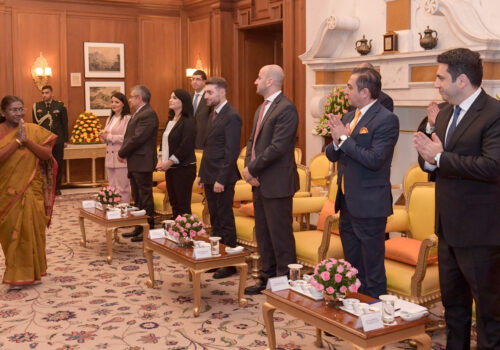
New Atlanticist
Feb 19, 2025
Why India and Armenia are now taking their relationship to new heights
By
Tatevik Khachatryan, Srujan Palkar
The growing military and diplomatic cooperation between New Delhi and Yerevan benefits both beyond immediate defense concerns.
Programs

The South Asia Center is the hub for the Atlantic Council’s analysis of the political, social, geographical, and cultural diversity of the region. At the intersection of South Asia and its geopolitics, SAC cultivates dialogue to shape policy and forge ties between the region and the global community.
